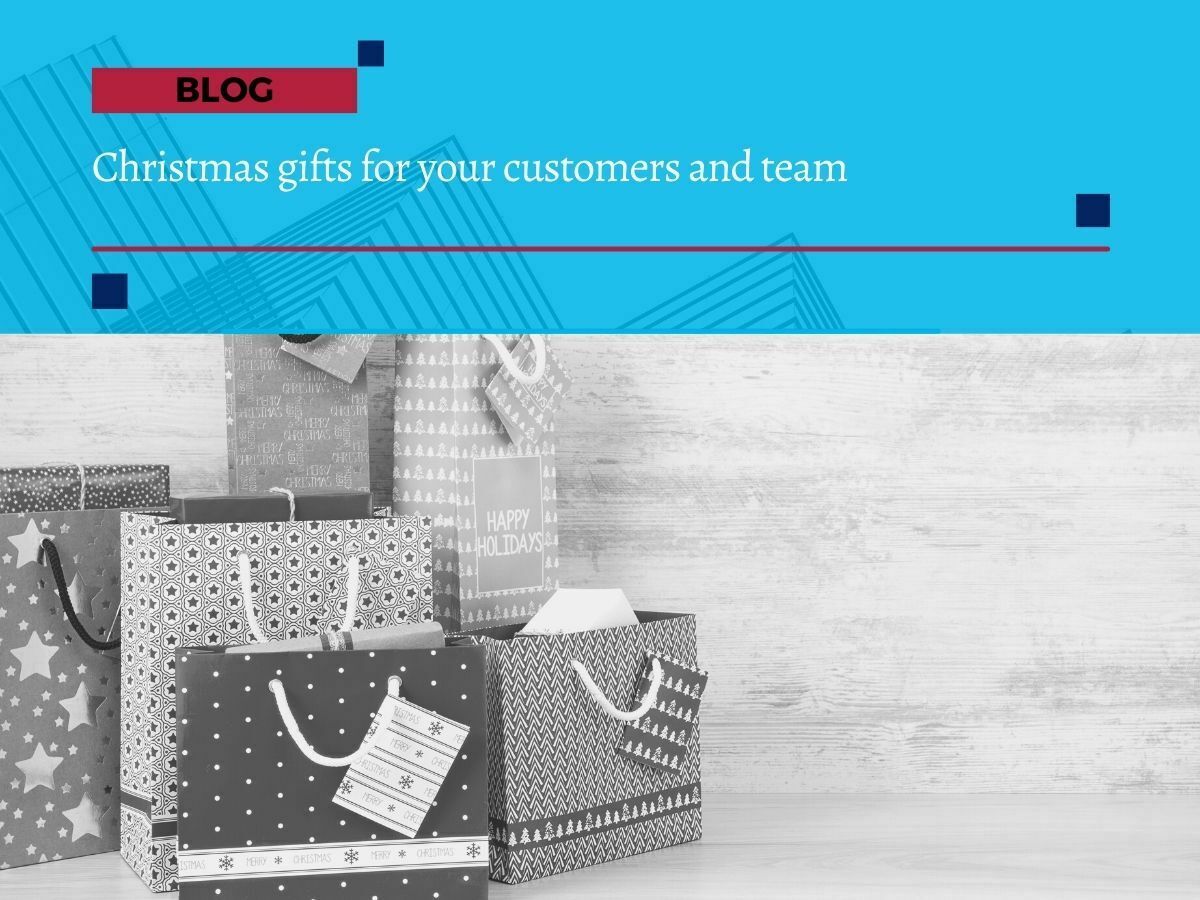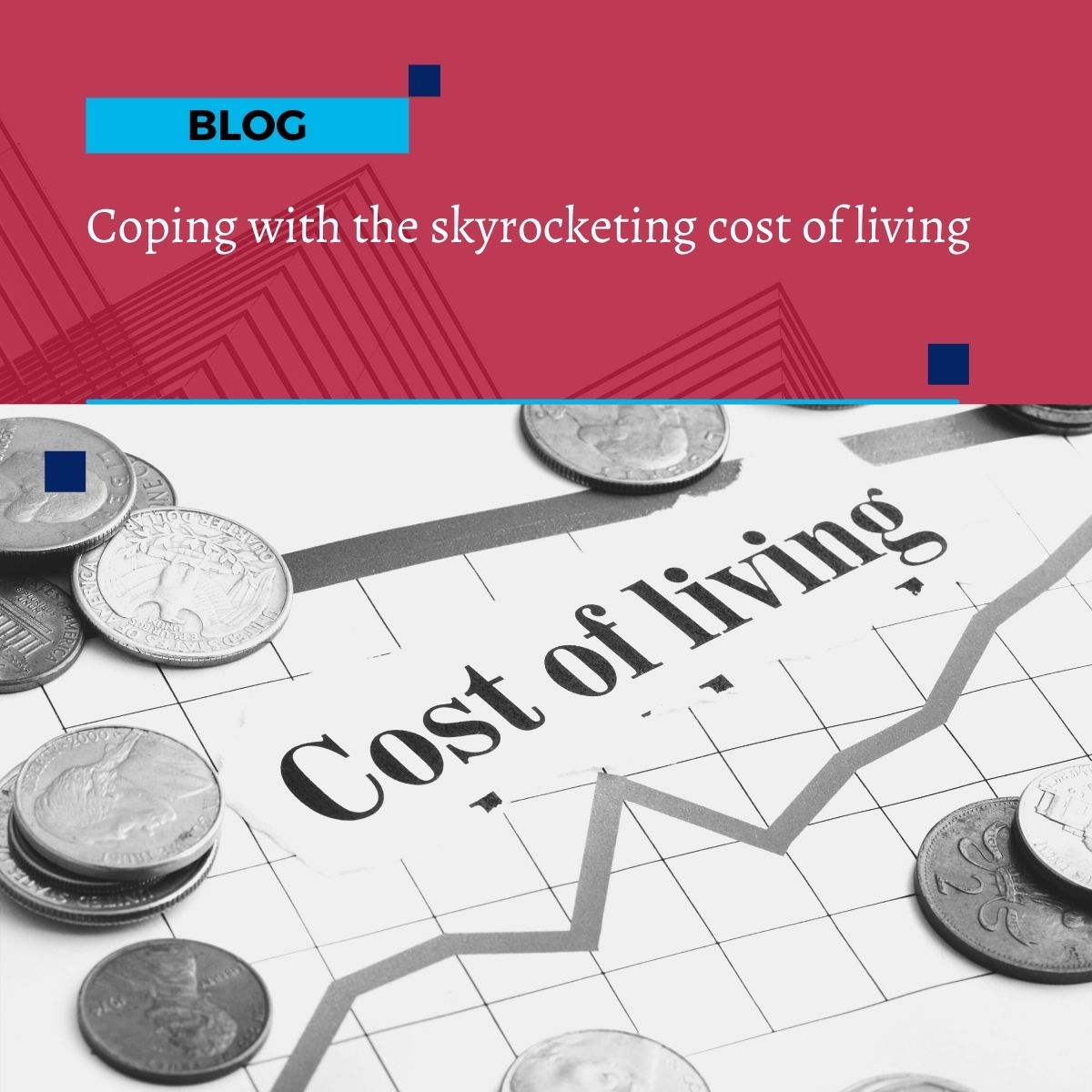
Key ways to get more from your forecasting
Key ways to get more from your forecasting
During challenging times, many businesses see income either disappear completely or drop to dangerous levels.
To be able to navigate the future path of your cashflow, you need to start forecasting, so you can map out your financial position over the coming months and can take the appropriate action to safeguard your cash position.
At First Class Accounts Ovens and Murray, we understand the importance of proactive cashflow management. Our team helps businesses like yours implement effective forecasting tools, ensuring you can monitor your cash position with ease and take timely action when needed.
Forecasting your future cash pipeline
Having access to detailed forecasts helps you to scenario-plan, search for cost-savings and look for strategies that will preserve your cashflow position.
Remaining in control of the cash coming into (and going out of) the business is the real focus, so you can accurately predict your financial position and can resolve any issues.
Our team provides customised forecasting services, allowing you to see the full picture of your cashflow pipeline. We help you stay in control, so you can confidently manage both the inflow and outflow of cash.
Key ways to get more from your forecasting
Run regular forecasts
The financial landscape is changing on a daily basis at present. A cashflow forecast is not a document that remains static. Variables and external drivers are literally changing each day, so it’s vital that you run frequent forecasts and react swiftly to any projected cash issues as they become apparent.
Use the latest cashflow forecasting apps
Cashflow forecasting apps, like Futrli, integrate with your Xero accounts, giving a drilled-down view of how your cash inflows and outflows will pan out over the coming months – information that will inform and justify the decisions you make during these extremely challenging times.
At First Class Accounts Ovens and Murray, we specialise in integrating the latest forecasting tools with your accounting software. Our team can show you how to use apps like Futrli to get detailed insights into your cashflow, so you can make informed decisions based on real-time data
Explore the right revenue streams
Most sectors will have seen their face-to-face sales drop to absolute zero since quarantine restrictions came into place. To overcome this, there’s a real imperative to explore revenue streams and new opportunities for income. An example of this is coffee shops that now sell roasted beans online (this will depend on lockdown restrictions). The idea is to find ways to increase the money that’s coming in the door and balance out your unavoidable expenses.
Get proactive with cost-cutting
If you can reduce cash outflows to a minimum, that will have a real impact on the health of your future cashflow. Pare back your operations and aim to reduce things like unnecessary software subscriptions, or over-ordering of basic supplies. Negotiating cheaper rates with suppliers, if possible, will also help.
Review your staffing needs
Now’s not the time to make anyone redundant, but you can look at ways to reduce the costs of staffing and resourcing. Reducing working hours or redeploying staff in different roles are all options that reduce payroll costs, while also looking after your staff’s welfare.
Run a variety of scenarios
Changing the financial drivers in your forecast model allows you to scenario-plan different strategies and options. Many of these will be in a long-term plan when restrictions ease. Scenario-planning lets you answer questions and will give you some hard evidence on which to base your decision-making and strategic outlook over the coming months.
Look at various ways to access funding
If forecasts show a giant cashflow hole coming up, you’re going to need additional funding to get through this crisis. We can assist your business to investigate funding opportunities from grants, banks, loan providers, alternative lenders and crowd-sourcing funders.
Forecasting is an important step to give you the business intelligence to support your decision making.
By working with First Class Accounts Ovens and Murray, you’ll have the tools, insights, and ongoing support to ensure your cashflow forecasts are accurate and responsive to your needs.
Talk to us about setting up cashflow forecasting today. We’re here to help you stay in control of your financial future. Get in touch today.





